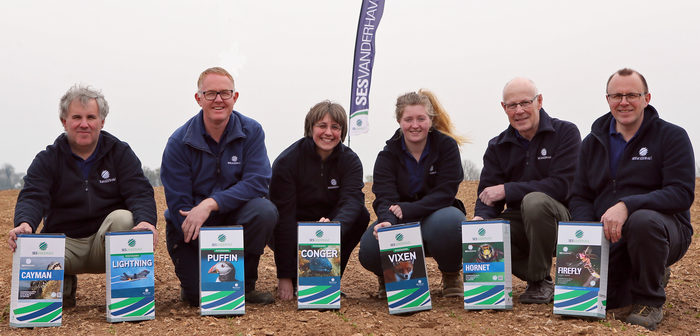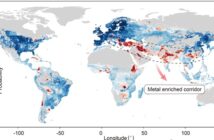Four new sugar beet varieties from Sesvanderhave, bred exclusively for the UK market, have been added to the 2020 BBRO/BSPB Sugar Beet Recommended List.
Lightning, Conger, Puffin and Vixen have all been extensively trialled in the UK by Sesvanderhave in addition to their performance being monitored in official trials.
“In total, these four varieties have been tested extensively in both the Recommended List and our own UK trials network over the past 3 years,” says Ian Munnery of Sesvanderhave UK.
Each variety offers advances in yield over existing varieties from the company and some have very low bolter counts from early sown bolter trials and exceptional low bolter counts from normal sowing. The drive to minimise the risk of early sown bolters has been a feature of Sesvanderhave varieties for some years and the trend continues.
Lightning will suit growers looking for a variety to sow at normal time (from 15 March). The variety has an excellent sugar yield of 103% plus a high score for rust tolerance of 7.1.
Vixen has one of the lowest bolter counts on the new list from early sowing – just 1,692/ha and zero bolting when sown after March 15. Vixen also tops the list for its resistance to rust with a score of 7.6 making it a good robust choice for growers.
Conger has very low bolters (2,776/ha) from early sowing and none when drilled after 15 March. A high sugar yield with good resistance to rust.
Puffin is well-suited to early sowing with a low bolter count from early sown bolter trials of 2,048/ha with zero bolters from sowing after March 15.
These four new varieties join established Sesvanderhave varieties Cayman, Firefly and Hornet. Note, that Cayman is celebrating its 11th year in Recommended List trials this year; showing its durability and consistent performance in each of the past 10 years where it has coped exceptionally with a wide variety of weather conditions.
“Sesvanderhave varieties endure as trusted favourites for growers,” said Mr Munnery. “This reflects our approach to ensuring varieties are trialled using seed from commercial lots and extensive testing across the UK under a range of conditions.”




